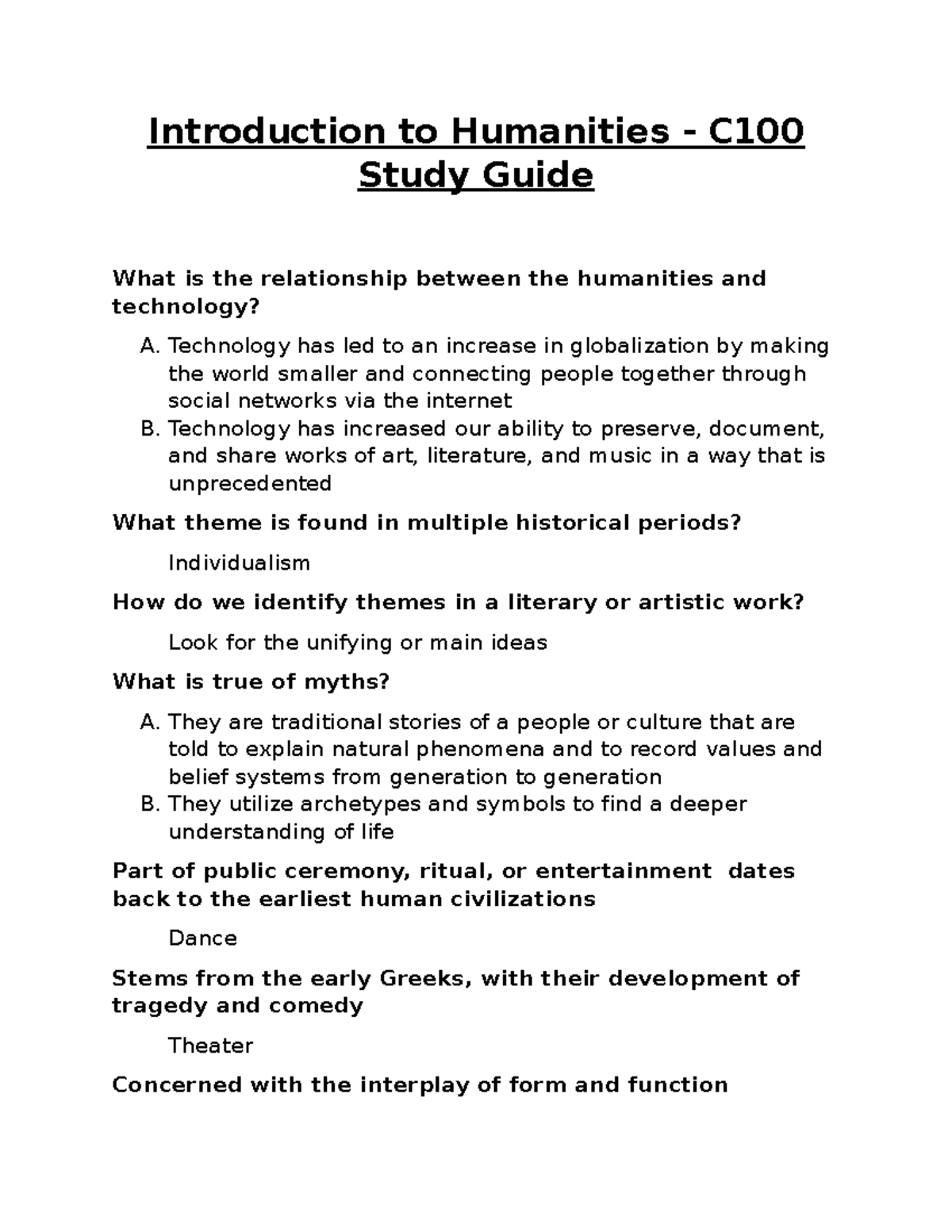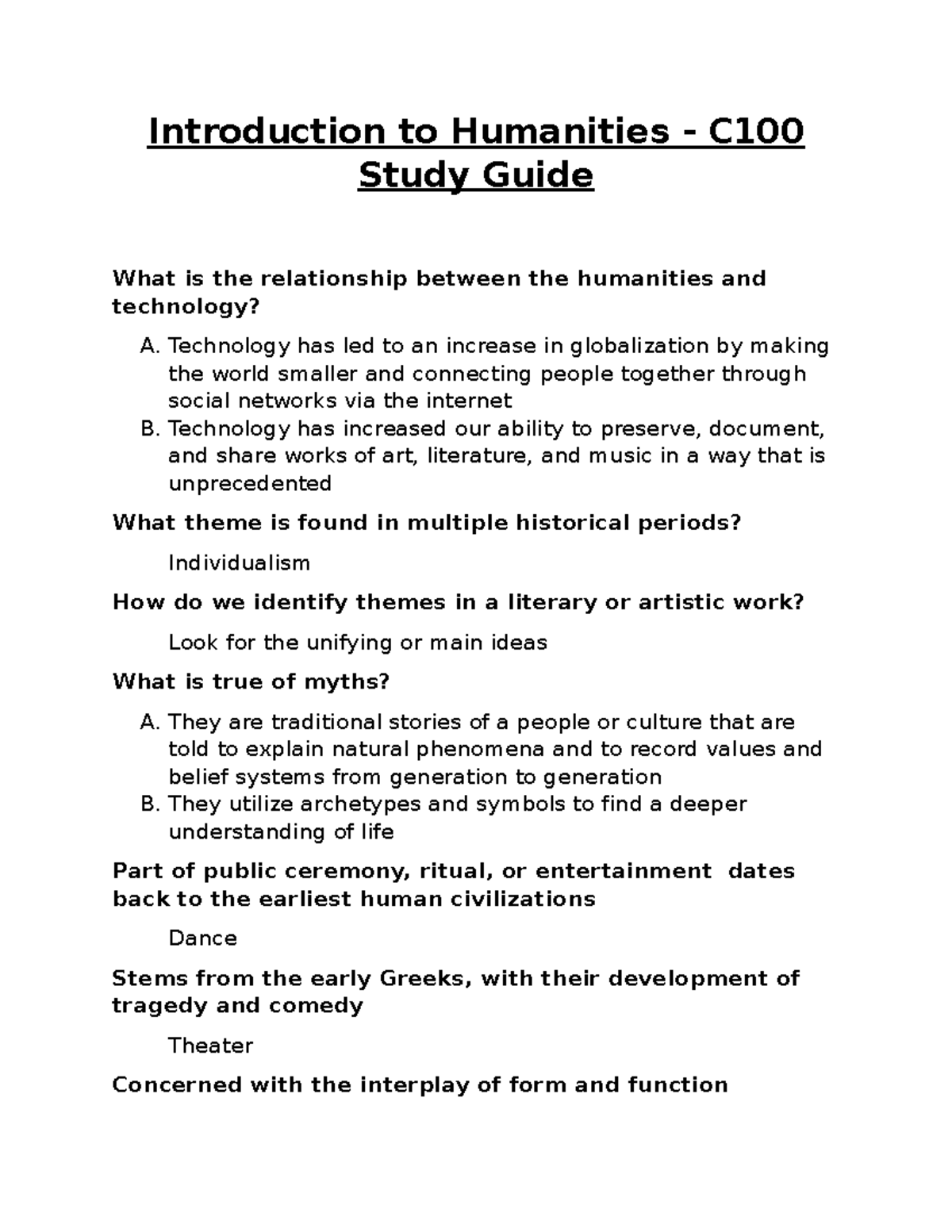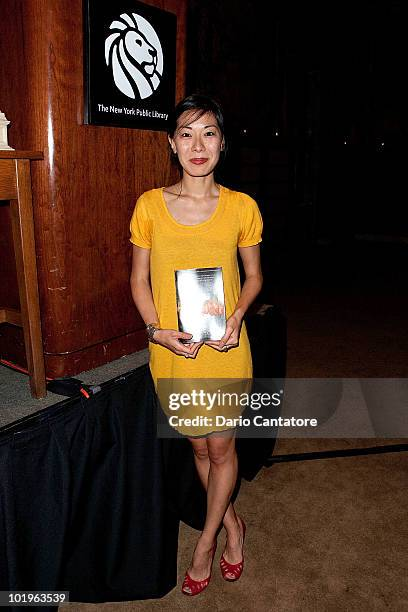Black Switzerland is a profound exploration of the cultural landscape shaped by the Black community within this picturesque, landlocked nation. In his thought-provoking book, “Sounds of Black Switzerland,” Jessie Cox critically examines the often overlooked racial dynamics in Switzerland, emphasizing that Black lives matter in every corner of the globe. Reflecting on his own experiences, Cox highlights the cultural contributions of Black artists, intertwining discussions of Afrofuturism in music with the impact of anti-Blackness that arises from societal ignorance. By engaging with the narratives surrounding Blackness, he hopes to redefine perceptions and acknowledge the rich tapestry of Black identity in Swiss society. Ultimately, Cox’s work serves as a vital reminder that understanding and dialogue about racial issues are essential for progress against systemic inequalities.
The discourse surrounding the Black experience in Switzerland presents a unique opportunity to delve into the intricacies of race and identity. This narrative, often absent in mainstream conversations, addresses the contributions and challenges faced by individuals within the Black community in this European context. Jessie Cox’s insights in “Sounds of Black Switzerland” shed light on the cultural significance of Black voices, enriching the broader discussion on what it means to be part of a diverse society. By exploring Afrofuturism and the intersection of art and social justice, Cox invites readers to reconsider the implications of racial dynamics in a nation that often overlooks its historical ties to diversity. Through this examination, the dialogue not only reveals the struggles against anti-Blackness but also celebrates the resilience and creativity thriving within the Black community.
Understanding Black Switzerland: Cultural Dynamics and Contributions
In his groundbreaking book, “Sounds of Black Switzerland,” Jessie Cox illuminates the often-overlooked narratives of Black communities in Switzerland. By examining the cultural dynamics within this setting, Cox reveals how the historical context and geographic isolation have contributed to a unique experience for Black Swiss citizens. This exploration is not just about recounting struggles but highlighting the rich tapestry of cultural contributions made by Black artists in Switzerland, which echoes the broader themes of Black Lives Matter across the globe.
Cox’s work draws attention to the racial dynamics in Switzerland, where discussions of race are often sidestepped. He challenges readers to confront not only the existence of anti-Blackness but also the erasure of Black contributions within the Swiss cultural landscape. By integrating music and Afro-diasporic perspectives, he encourages a dialogue that questions the status quo while celebrating the vibrancy of Black culture in a predominantly white society.
Afrofuturism in Switzerland: A New Dawn for Music and Identity
Afrofuturism has emerged as a pivotal movement in understanding and reshaping Black identities through music and art. In Switzerland, Cox highlights how local artists are infusing their work with Afrofuturist themes, creating a synthesis of Swiss culture and African diasporic influences. This genre provides a platform for Black Swiss artists to redefine narratives of identity and belonging, navigating between their Swiss roots and African heritage.
The chapter dedicated to Afrofuturism in Cox’s book serves not only as a celebration of cultural innovation but also as a critique of the societal structures that have historically marginalized these voices. Artists like Nativ exemplify this blending of genres, using their music to inspire change and provoke thought on the complexities of race and identity in contemporary Swiss society. In doing so, they contribute to the global dialogue surrounding Black empowerment and the reclamation of narratives.
The Global Impact of Anti-Blackness: Swiss Perspectives
In the context of Switzerland, anti-Blackness manifests in various forms, often rooted in a societal tendency towards color-blindness and denial of racial disparities. Cox addresses these uncomfortable realities in his analysis, linking local experiences with global movements, such as Black Lives Matter. By doing so, he underscores the importance of recognizing the systemic issues that perpetuate racial inequities, not only in Switzerland but worldwide.
Through his scholarly work, Cox aims to foster a deeper understanding of how anti-Blackness impacts everyday life in Switzerland. By examining contentious events and injustices faced by Black individuals, such as police violence, he advocates for solidarity and awareness. His contributions to the discourse invite readers to challenge their perceptions and acknowledge the nuances of race in a society that often prefers to overlook these complexities.
Cultural Conversations: Black Artists Shaping Swiss Music
Cox emphasizes the significant role that Black artists play in shaping the musical landscape of Switzerland, illuminating the connections between different cultural heritages. As he navigates through the works of contemporary Swiss musicians, he notes how they often draw inspiration from their varied backgrounds, infusing their art with messages of resilience, identity, and change. This dialogue through music reflects the broader cultural contributions of Black artists, which often serve to challenge societal norms and inspire a new generation of thinkers and creators.
The examination of Swiss artists like Nativ highlights how music can be a powerful medium for activism and social change. Their lyrics often resonate with messages of empowerment, echoing sentiments found in the Black Lives Matter movement. By using their platforms to address pressing social issues, these artists create a cultural bridge that connects audiences to the lived experiences of Black communities, advocating for a more inclusive understanding of what it means to be Swiss.
Exploring Racial Dynamics through Music and Literature
Cox’s exploration of racial dynamics in Switzerland extends beyond music to encompass literature and academic discourse. He references influential works, such as “Farbe bekennen,” which have initiated crucial conversations about race throughout Europe. By contextualizing these discussions within the Swiss landscape, Cox encourages a broader examination of how literature can influence societal views on race and inspire change.
This interdisciplinary approach reveals the interconnectedness of music and literature in portraying the complexities of Black identity in Switzerland. By engaging with texts that challenge conventional narratives, Cox provides a framework for understanding racial dynamics in a culturally rich environment that often remains silent on these issues. Through this lens, he underscores the importance of cultural criticism in fostering dialogue and promoting awareness.
Art as a Catalyst for Change: Black Lives Matter in Switzerland
Art has proven to be a profound catalyst for social change, and in “Sounds of Black Switzerland,” Cox illustrates how Switzerland’s Black artists are engaging with the principles of the Black Lives Matter movement. By incorporating themes of racial justice and equality into their art, musicians and creators in Switzerland are actively participating in a global conversation on the significance of Black lives. Cox’s observations affirm that art can transcend cultural boundaries, resonating with audiences and prompting action.
In his work, Cox not only critiques the challenges faced by Black communities in Switzerland but also celebrates the potential for art to unite diverse groups. By showcasing powerful narratives that reflect resilience and hope, he advocates for a collective response to anti-Blackness that embraces creativity as a form of resistance. The movement of Black Lives Matter finds its echo in the artistic expressions of those striving for justice and recognition in Switzerland.
Towards a Future of Understanding: Black Voices in Academia
Cox’s scholarly contributions underscore the vital role that academia plays in amplifying Black voices and perspectives. As he teaches courses that explore the intersections of music, race, and cultural studies, he reflects on the importance of incorporating Black narratives into educational curricula. This approach not only enriches academic discourse but also cultivates a more inclusive environment that acknowledges the complexities of racial identity.
By fostering a dialogue around Black experiences in his classroom, Cox demonstrates the potential for education to be a transformative force. He advocates for critical engagement with the realities of anti-Blackness and encourages students to explore creative ways to envision a more equitable future. Through scholarship and teaching, Cox’s efforts contribute to a growing recognition of the importance of Black studies within the academic landscape.
A Call for Unity: Bridging Cultures through Shared Experiences
Cox’s insights compel readers to consider the importance of unity in addressing racial issues. By fostering an understanding of shared experiences, he suggests that diverse communities can come together to create a more equitable society. The concept of belonging becomes central to this dialogue, as it encourages individuals to appreciate the richness of cultural diversity while acknowledging the unique challenges faced by marginalized groups.
In his book, Cox paints a vision of a future where cultural exchanges drive social progress, encouraging people to engage empathetically with one another’s experiences. By bridging the gap between Black and non-Black communities, he advocates for collective action that transcends borders, echoing the ideas encapsulated in the Black Lives Matter movement. This vision serves as a reminder that the struggle for equality is a shared responsibility.
Re-imagining the World: Global Interconnections through Music
Cox’s course titled “Music to Re-imagine the World” reflects his commitment to fostering interconnectedness through musical exploration. By examining the global influences that shape contemporary music, he invites students to consider how rhythms, melodies, and narratives can create meaningful connections across cultures. This approach aligns with the wider movement of Afrofuturism, encouraging a re-imagining of identity, art, and social justice through innovative practices.
Through this exploration, Cox empowers students to engage their creativity as a tool for social change. By encouraging a thoughtful examination of music’s ability to shape perspectives and inspire action, he contributes to a broader understanding of the role that art plays in the fight against anti-Blackness. In envisioning new worlds through music, Cox highlights the potential for the arts to serve as a transformative force for racial equity and cultural understanding.
Frequently Asked Questions
What is the significance of Black Switzerland in today’s society?
Black Switzerland represents the complex racial dynamics in a country often perceived as racially homogeneous. It highlights the contributions of Black artists and the importance of recognizing the Black experience within Swiss culture, particularly through works like Jessie Cox’s ‘Sounds of Black Switzerland.’
How does ‘Sounds of Black Switzerland’ address issues of anti-Blackness?
In ‘Sounds of Black Switzerland,’ Jessie Cox explores anti-Blackness by connecting it to color-blind ideologies and societal erasure. This groundbreaking work sheds light on racial dynamics that are often overlooked, contributing to the discourse on racial equity in Switzerland.
What role does Afrofuturism play in Swiss music and arts?
Afrofuturism in music, as discussed in Jessie Cox’s work, highlights the intersection of Black arts and futuristic ideas in Switzerland. By integrating Afrofuturist concepts, artists can reimagine realities and challenge prevailing narratives about Black identity in Swiss culture.
How are Black artists contributing to Switzerland’s cultural landscape?
Black artists in Switzerland, such as rappers like Nativ, are making significant cultural contributions by articulating experiences and aspirations through their music. Their work often encourages dialogue about race and social change, demonstrating that Black lives matter in Swiss society.
What historical context can inform discussions about Black lives in Switzerland?
Understanding the history of racial dynamics in Switzerland is essential for discussing Black lives. Historical events, such as the cases of police violence mentioned in Jessie Cox’s book, parallel global movements for racial justice, underscoring the relevance of discussions on Black lives matter globally.
In what ways can art serve as a platform for racial discourse in Switzerland?
Art can act as a powerful tool for racial discourse in Switzerland by allowing creators to express their identities and experiences, as evidenced by works like ‘Farbe bekennen,’ which initiated critical conversations on race. Such artistic expressions can foster understanding and solidarity among diverse communities.
| Key Points | Details |
|---|---|
| Identity and Conversation | Jessie Cox explores the challenges of being Black in Switzerland, emphasizing the need to discuss Black lives in a nation where it is often overlooked. |
| Book Overview | Cox’s book, “Sounds of Black Switzerland,” blends cultural analysis with music criticism, aiming to stimulate conversations about Blackness. |
| Focus Areas | Cox tackles topics like Afrofuturism and the anti-Black sentiments stemming from color-blindness, while touching on judicial and immigration issues. |
| Music and Culture | The book includes references to influential figures like Nigerian Swiss composer Charles Uzor and discusses Swiss artists like rapper Nativ. |
| Historical Context | Cox references significant works like ‘Farbe bekennen’ to place contemporary discussions within a broader European context. |
| Radical Potential | Cox argues for the power of artistic practice in envisioning new realities and facilitating mutual understanding among diverse experiences. |
Summary
Black Switzerland is a critical topic that explores the nuances of race and identity within the Swiss context. In his book, “Sounds of Black Switzerland,” Jessie Cox not only discusses the historical and contemporary challenges faced by Black individuals in Switzerland but also aims to inspire dialogue about the creative potential found within the Black experience. By weaving together cultural critique with musical insights, Cox encourages a broader understanding of Blackness that transcends violence and embraces the richness of artistic expression.










